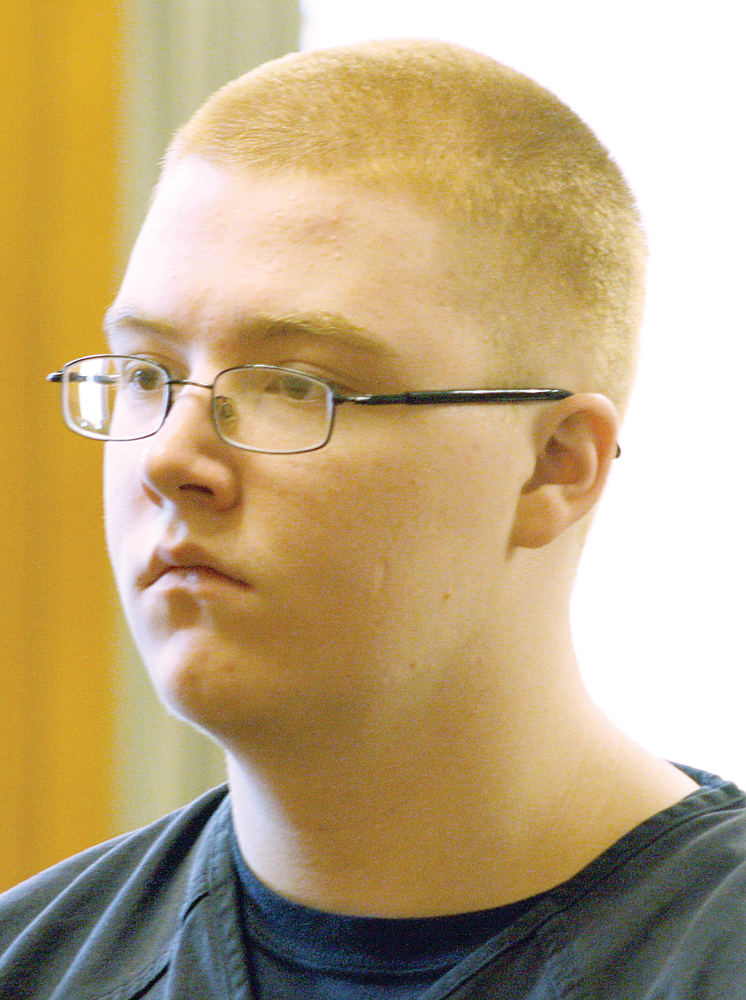Trial begins in grisly killing of Niles woman

By ED RUNYAN
runyan@vindy.com
WARREN
Jacob LaRosa, 18, goes on trial today in Trumbull County Common Pleas Court, accused of killing his elderly neighbor nearly three years ago in her Niles home.
If he’s convicted, he could join eight males in Ohio prisons serving life without parole after committing murder as a juvenile.
Clearly it’s a punishment reserved for exceptional cases.
More than two years ago a Trumbull County juvenile court judge ruled that LaRosa’s history indicated a need for him to be tried as an adult rather than a juvenile.
Judge Sandra Stabile Harwood cited LaRosa’s “lengthy history of behavior issues extending back to early childhood” and a “history of disregard for any treatment or sanctions that have been offered through the juvenile system.”
The information the courts released about the case through an affidavit revealed that the victim, Marie Belcastro, 94, died of blunt trauma to the head. The details at the trial will be gruesome.
LaRosa is also charged with attempted rape and theft-related offenses.
Witnesses may start to take the stand as early as Tuesday. The trial is expected to take about a week.
Belcastro, who weighed about 80 pounds, was found dead March 31, 2015, in her home on Cherry Street by her daughter shortly after LaRosa’s family found LaRosa in their home on Lafayette Avenue wearing only underwear and socks. The two homes are nearly back to back on adjacent streets.
LaRosa had blood on him, and his family called 911 thinking he had been assaulted, but first responders found no injuries. LaRosa was intoxicated and vomited, police said during a recent hearing before Judge W. Wyatt McKay.
Belcastro knew LaRosa, who was 15 at the time, because they were neighbors.
Supreme Court rulings relating to the appropriate punishment for juvenile killers frequently mention that juveniles are different from adults because their brains are less developed, they are more impulsive and more susceptible to peer pressure.
Such factors were given as reasons why the U.S. Supreme Court ruled in 2005 that juveniles could not receive the death penalty. In Ohio, juveniles can get life in prison without eligibility for parole. Ohio and Pennsylvania are among 30 states that allow it. Twenty states and the District of Columbia have banned it.
 43
43
